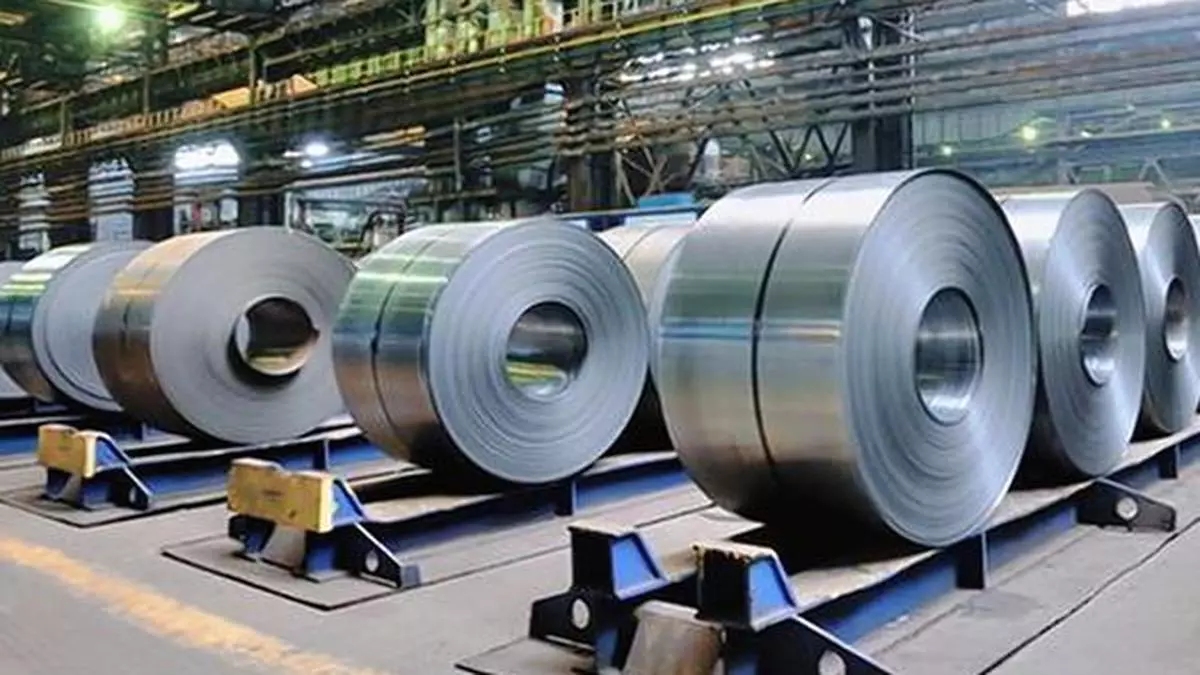India–US Trade Tensions Rise Over Steel and Auto Tariffs NMDC Limited reports a 38% drop in Q4 FY24 consolidated net profit RINL to Raise $23 Million Through Land Sales Amid Crisis

More than two dozen Vietnamese businesses have been awaiting certification from the Bureau of Indian Standards (BIS) for several months, leading Hanoi to raise the issue with the Indian government several times, according to sources.
According to officials, Vietnam's trade ministry has written to New Delhi requesting that BIS certification be expedited for 26 enterprises, citing the delays as an economic disadvantage. The majority of these businesses deal in steel or shoes. Amidst growing worries from Indian manufacturers, particularly steelmakers, over rising imports from Vietnam, there have been delays in awarding BIS certification to Vietnamese enterprises.
Manufacturers from other countries, particularly Chinese firms, are experiencing difficulties in obtaining BIS certification. According to the officials previously mentioned, Vietnam has the second-highest number of applicants for BIS certification after China, even though country-specific data was not available.
The bilateral trade between India and Vietnam was $14.70 billion in 2022–2023, according to figures from the Indian embassy in Hanoi. Of this, $8.8 billion was exported by Vietnam to India, and $5.9 billion worth of goods were shipped the other way.
Following an increase in Quality Control Orders issued by New Delhi with the intention of reducing substandard imports and increasing domestic manufacturing, there has been a surge in applications for BIS certification. When importing goods, Indian dealers are required by the QCOs to present the BIS certificates of the production plant, failing which they risk penalties.
“Vietnam also benefits from India's free trade agreement with ASEAN countries, so tariffs can't be levied to balance the trade. In that scenario, QCOs are an effective non-tariff barrier that can be used for the benefit of the Indian industry to restrict at least the cheap and substandard quality imports,” Said Bipin Sapra, indirect tax partner at EY.
India recorded a surge in steel imports to 8.3 million tonnes (MT) in 2023-24, surpassing the country’s exports of 7.5 MT. A tenth of the steel imports came from Vietnam, making it the fourth-largest exporter of the alloy to India, behind South Korea, China and Japan. “Vietnam exported nearly 1 MT of steel to India in FY24. Before that, exports were negligible,” according to market intelligence firm BigMint.
Steel shipments from Vietnam to India, however, slowed after the steel ministry last year issued a Quality Control Order for Vietnamese steelmakers, effective October. Of the 26 Vietnamese companies seeking BIS certification, 10 deal in steel or stainless steel. Domestic steel manufacturers are also wary of Chinese companies using Vietnam and other countries for routing their products to India by leveraging New Delhi’s free trade agreement with the Association of Southeast Asian Nations bloc, of which Vietnam is a member.
India remains one of the few large economies globally with a growing appetite for steel, making the country an obvious destination for exports. "Vietnam has a high level of steel exports, and there are very few avenues left for steel exporters in the global market besides India and, to some extent, the Middle East,” said Ranjan Dhar, director and vice president of sales and marketing, AM/NS India, a joint venture of ArcelorMittal and Nippon Steel.
“So if the government doesn't take safeguard measures like QCOs, imports from countries like Vietnam, China, etc., will surge at the expense of local manufacturers, who are heavily investing in expansion,” Dhar added. “Countries like China can also set up manufacturing sites in Vietnam to take advantage of the FTA with India.”
China, with a billion tonnes of annual steelmaking capacity, accounts for more than half of the global steel production every year. But as China’s appetite for steel declines amid challenges in the domestic real estate sector, the country's steel mills are left with surplus production.
Also Read : Chinese steel sector reduced revenue by 4.2% y/y in Jan-April India’s steel industry to outpace China with stronger demand growth